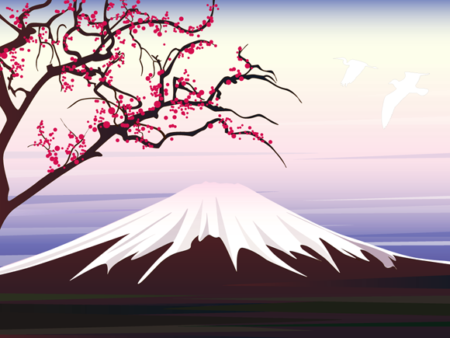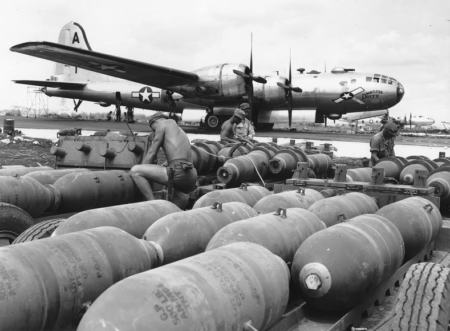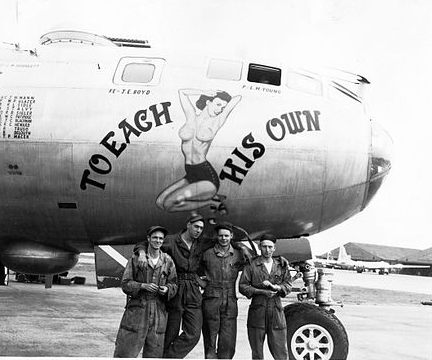
Mac took a sip of his Virgin Mary and scowled. “I think there are only two olives in this one.” He peered into the dense red of the contents of the pint glass before him, rheumy blue eyes squinting behind his silver-framed glasses.
The long bar was filling up nicely. Old Jim was in his position at the apex of the Amen Corner, deliberately wrapping the cord of his media player around the small rectangle. At precisely 5:15 pm, Peter dialed down the lighting in the Willow bar to increase the romantic ambiance with the rich dark wood and the little votive candals that suddenly increased their bright glitter along the long bar.
Andre-the-Waiter, phlegmatic and cool with his shaved head and impressively articulated physique, was most solicitous. He brought me the mildly insouciant white that Peter was flogging at happy hour prices without need of my beckoning. We continued the conversation about tightening the belt on Japan.
“Two things you need to understand. Iron Pants LeMay came up with incendiary bombing of Japan as a tactic on his own. He took over command of the strategic air campaign in January, when we got there. High altitude precision bombing was an oxymoron in the weather conditions over Japan.”
“Yeah,” I nodded, scribbling a note on a napkin. “It was usually cloudy when I lived in Yokosuka. I had the Flight Deck Integrity Watch one morning when it wasn’t, and I realized if it was clear you could see Mt. Fuji from the carrier pier, looming as an invisible presence most of the time. It wasn’t often you could see it, though.”

“Precisely. LeMay considered all the options. The climb up to 30,000 feet caused the Super Forts to burn so much fuel that their bomb loads were reduced in order to carry additional fuel tanks in the bomb bays. Plus, the engines were fragile, and less stress on them meant less maintenance. Iron Pants committed heresy, violating doctrine, and he had his crews train at low-level delivery, sometimes down only 5,000 feet. He also decided the only way to bring up accuracy was to transition away from iron bombs to incendiary devices.”
“That seems horrific,” I said. “It was a distinct change in approach. I read that Air Corps General Ira Eaker once said that the strategy was to kill skilled defense workers. Those are civilian targets.”
“It was horrific all around. The early incendiary devices were unstable, and one went off during unloading on the hard-stand and killed a bunch of ordnance men and wounded dozens. The Super Fort was a write-off. As to whether it was moral or not, the first firestorms were visited on the Germans, without any mercy. Same tactic. The Japanese cities just burned better.”
“Didn’t they start bombing at night, too, like the Brits in Europe?”
“Yes. Japanese air defenses made daytime bombing below the jet stream altitudes very dangerous. LeMay finally switched to low-altitude nighttime incendiary attacks as his bread-and-butter tactic, with daylight high-altitude strikes reserved only for special targets in clear air-mass. The first big night fire-raid went against Tokyo on the ninth of March, 1945.”
“You said there were two things I had to understand. What was the other one?”
“Eddie Layton said the Joint Target Board back in Washington couldn’t tell a warehouse from a whorehouse. We kept telling Admiral Nimitz in the morning brief that Petroleum-Oil-Lubricats (POL) were the key to ending the war. LeMay became a believer, and he asked Washington for permission to start attacking POL-related targets.”
Mac scowled. “They said, “no, we know best, and continued to direct the target list against the things they thought were important, like industrial plants. KT. Johnson was one of the big-wigs back in the JTB, and he is still around. I hear from him once in a while. Anyway, Iron Pants asked for POL targets and K.T. wouldn’t give him any. That is when he decided to commit another act of heresy and gave the 313th bomb group to the Navy.”
“That was the “local targeting” euphemism, right?” I said scribbling away.
“Yep. The Ops guys were getting the idea that the Super Forts could be used to deliver aerial mines and seal up the Inland Sea, and then mine the harbors. Tighten the belt on them and starve them out. LeMay was reluctant at first, but he went along and the first mining missions were flown in late March. After that, the Shimonoseki Strait was effectively closed, and then Henashi Cape, Iwase and Seishin.
The Admiral looked off across the crowded bar, the lights of the votive candles reflecting off his glasses. He recited a litany in sing-song Japanese. “Oyama, Niigata, Miyazu, Maizuru, Tsuruga, Nezugaseki, Obama and Kobe-Osaka. They were mined and re-seeded as necessary by July. The Japs were being cut off.”
“No one knew about the Bomb, right? It must have come as quite a surprise.”
“That’s right. We were on Guam to manage the invasion of Kyushu, the southernmost of the Home Islands. That was Operation Olympic, which was put back a little, due to the controversy about casualties.”
“When was that supposed to happen?” I asked.
“November of ‘45.”
“What was the controversy?”
“We said it might take 2.5 million US casualties. MacArthur’s staff in Manila was saying it would only take 250,000. We eventually settled on a million.”
“A million Americans?” I said.
“That isn’t killed. The number includes those we expected to be wounded or maimed.”
“Only a million killed and wounded?” I echoed dumbly.
The Admiral smiled a thin smile. “The times were hard,” he said. “We didn’t look at things the way people do now. I’ll tell you about the estimates process if you would care for another glass of wine.”
I nodded, still stunned. That specific offensive would have ground up my Dad and all his buddies, and I might never have been born. More wine sounded swell.

Copyright 2017 Vic Socotra
www.vicsocotra.com
